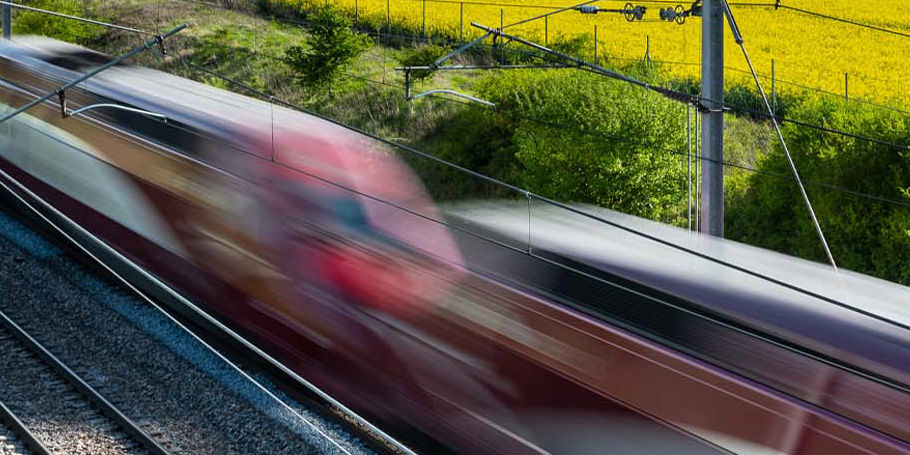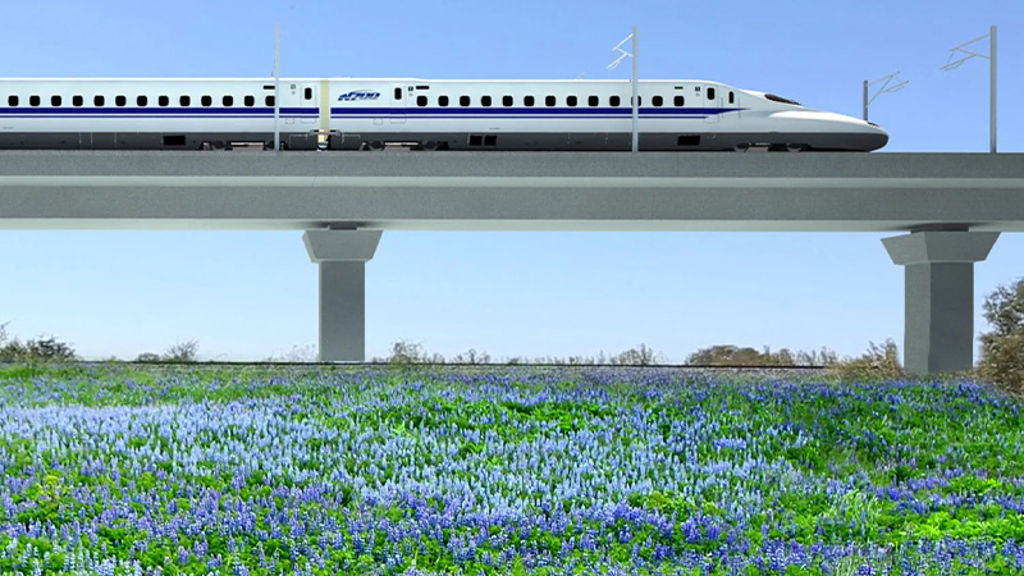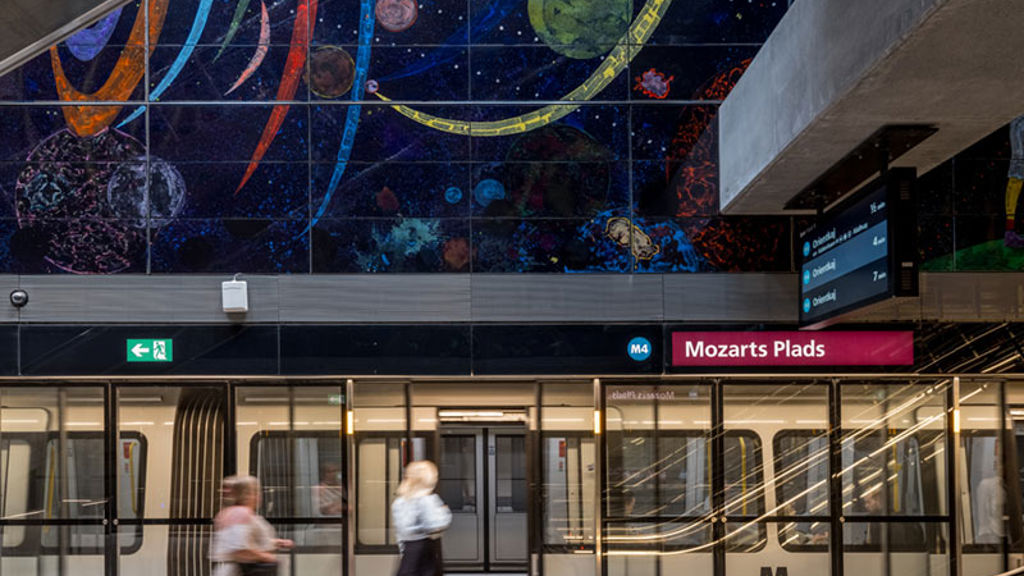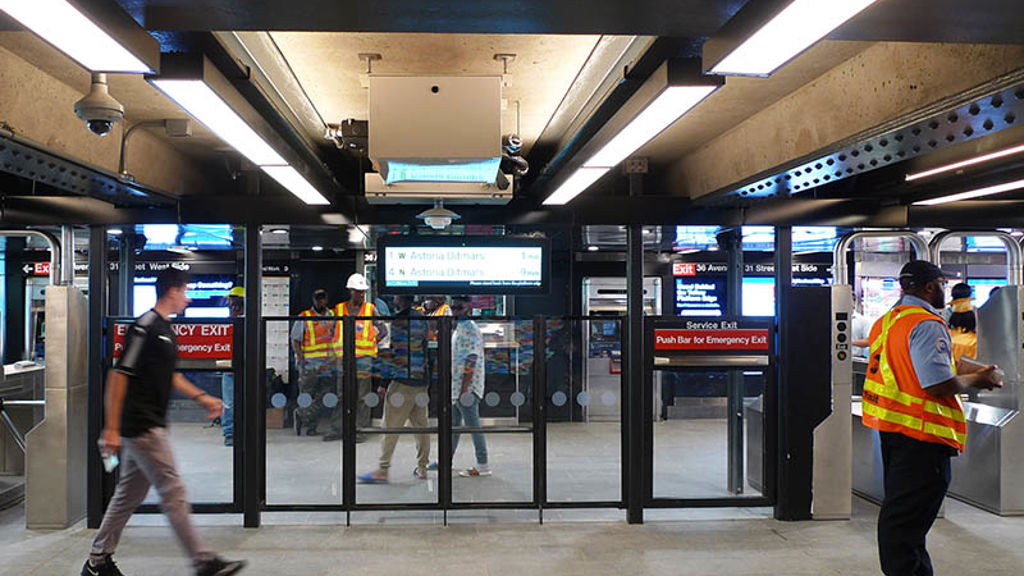Electrification of the Great Western Main Line is the biggest upgrade to the line since it was built over 175 years ago. Running from London Paddington to the South West of England and South Wales, this line modernisation programme is providing more frequent services, thousands more passenger seats, and quicker journeys. Achieving these improvements has required comprehensive renewal of associated infrastructure as well as electrification of the line itself.
Arup’s contribution to the Great Western Main Line electrification programme has been significant, including the design of the overhead line, foundations and major enabling works for several sections of the route. Alongside the electrification works, the UK Department for Transport commissioned rail consortium Agility Trains to develop the Intercity Express Programme to replace an ageing fleet of inter-city trains.
New bi-mode electric and diesel trains now run on the improved line, served by three new train care depots. Our planners, engineers and specialists delivered the design of these maintenance and repair facilities, which keep the new fleet of Class 800 Intercity Express trains manufactured by Hitachi Rail Europe in good running order. The depots were constructed by VolkerFitzpatrick with Arup as lead designer.
Strategic upgrades to train care facilities
The Great Western Main Line’s new train care facilities have been built on brownfield and former rail sites at Acton in West London, Stoke Gifford near Bristol, and in Swansea. In all cases, the chosen sites posed a series of design challenges, including complex rail connections, limited highway access, geotechnical and geo-environmental assessment for major earth works and management of potential ground contamination, together with a range of flood risks.
The Stoke Gifford facility near Bristol in South West England had previously been used as a waste landfill and waste reprocessing facility and required significant remediation. It is positioned within the existing Filton Triangle rail junction. Arup’s work on this depot included site-wide civil engineering as well as permanent way and line-side civil engineering, design of overhead line electrification and signalling. Our team led geotechnical investigations, provision of planning services and completion of a CEEQUAL sustainability assessment, resulting in an Excellent award.
A similar range of services was provided for the Acton project in West London, where a new facility was created on the site of a former Eurostar train depot. Despite its previous rail use, the site required substantial refurbishment and reconfiguration. In Swansea, our scope of services was more extensive, including architecture and multidisciplinary building engineering for an entirely new facility located on the site of the former Maliphant rail sidings.









